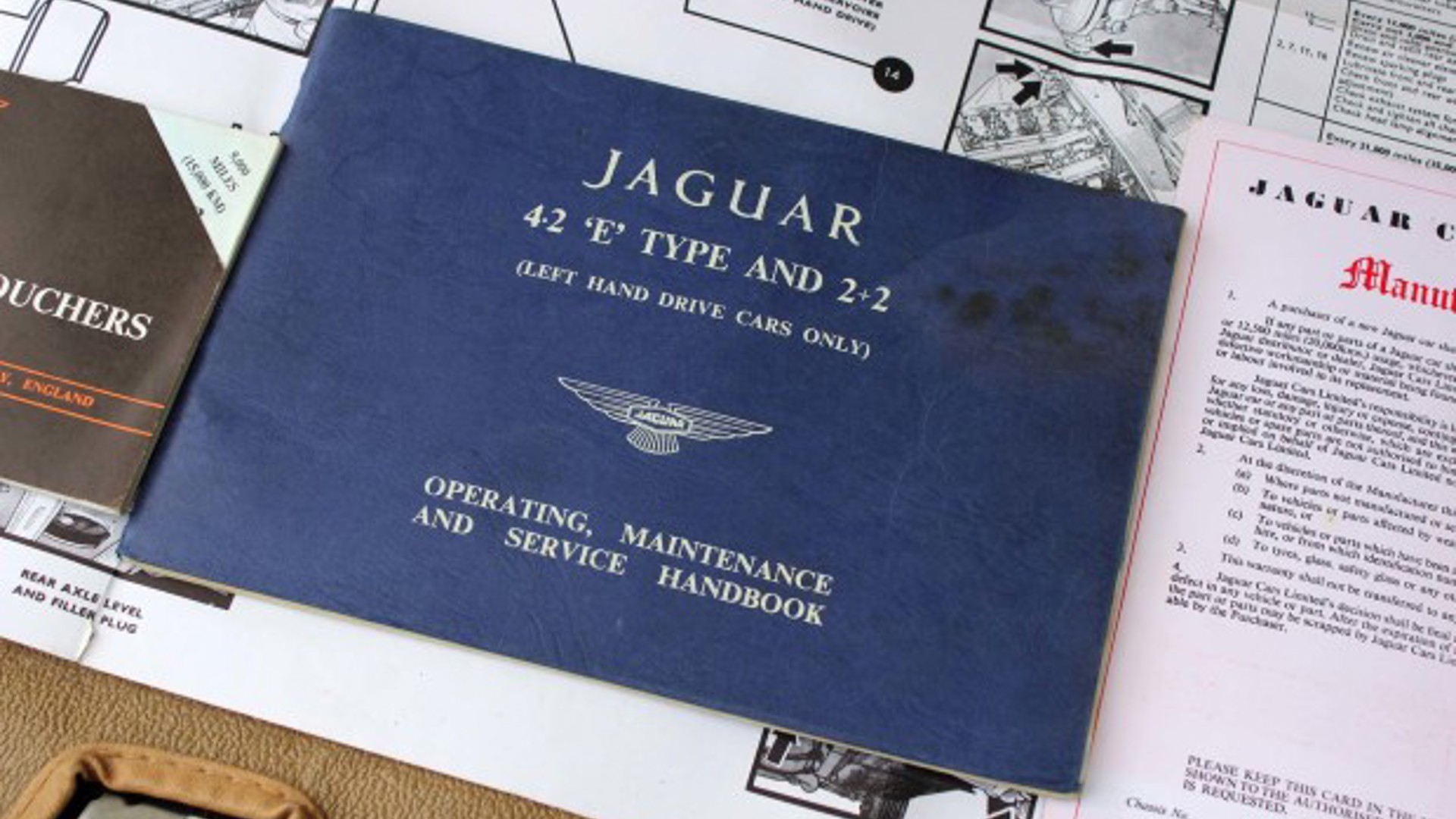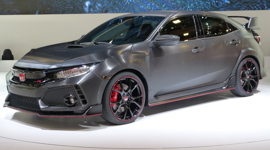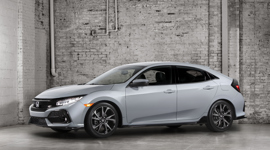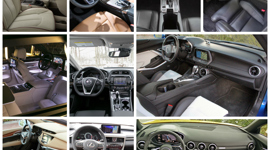Originally published January 3, 2017; updated January 19, 2022
When shopping for a used car, there’s plenty to consider – including the mileage accumulated on the unit in question by past owners. Used car mileage is a go-to figure when considering what used car to buy. It’s a window into the sort of shape the vehicle is in. An expression of the portion of the vehicle that’s been used up, set against some predetermined lifespan. An indicator as to the remaining useful life of the machine in question.
And shoppers place way, way too much importance on it.
“Is 200,000 kilometres too much for a used Ford Taurus?” I was asked last week. Or, “How many miles is too much for a used Elantra?” Or the always-popular “This Nissan Titan is a good price, but it’s got 220,000 kilometres on it. That’s too much, right?”
There’s an attribute of far greater importance to consider, when considering what sort of shape a vehicle may be in, or where it resides within its lifespan.
Mileage is useful to know. It’s helpful to consider. It’s great to keep in mind when comparing one potential used-car candidate to another. But there’s a better attribute to consider, because it’s more important, and for many more reasons.
That attribute? Maintenance.
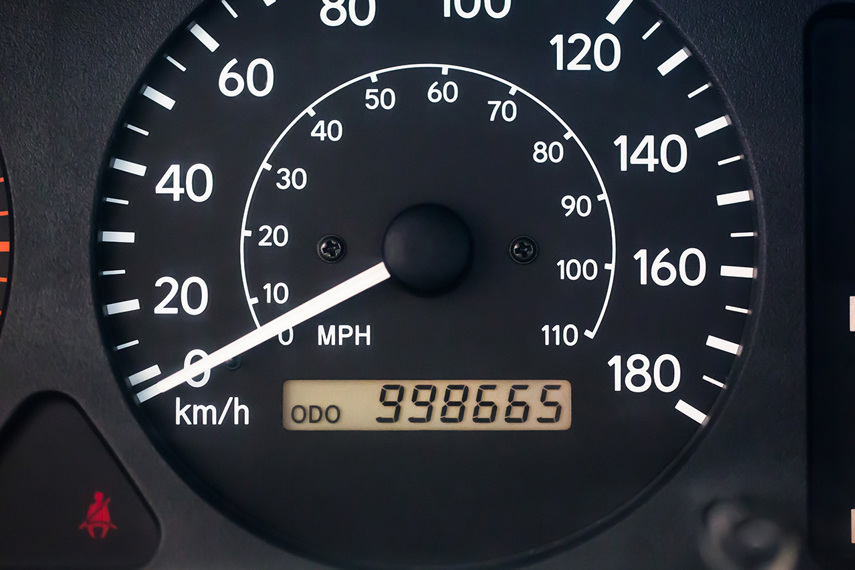
Proper Maintenance Shows Attention and Care
Let’s take a theoretical car: a used Honda Civic. This is largely considered to be one of the smartest and safest used car bets on the road. Honda Civics almost never break down. They run forever. They last for ages. Buy one new, and chances are, you’ll give it to your grandkids one day. Or so they say.
So, you’re looking at two used ones. One has 130,000 kilometres on the dial, and costs a little more. The higher mileage unit has 170,000 kilometres, and costs a little less. Which one do you buy?
The lower mileage one, provided your budget can handle it – right?
Maybe so, maybe no.
Consider this: the lower-mileage unit was driven by someone clueless about vehicle maintenance. Oil change intervals were stretched by a thousand kilometres or more. It’s never had a coolant flush. The timing belt is overdue for a change. It’s never had spark plugs replaced. The air filter is clogged.
Conversely, the higher-mileage unit was driven by someone who was enthusiast and religious about maintenance. This owner kept up on the Civic’s requirements – and the model has had a recent tune up, a fresh timing belt, newer plugs, a newer air filter, and comes with a folder in the glovebox stuffed with service records to prove all of the above. This owner always changed the oil ahead of schedule – and upon hearing a loud banging noise beneath the car, had the sway bar bushings replaced right away. (The other unit didn’t.)
Is the slightly pricier, lower-mileage unit the better choice, here? That’s a great big “No.”
To use a different example: you’ve got to hire someone to join your sports team to complete in a triathlon. One candidate is just 20 years old, but he’s a fat, wheezy fella who hasn’t taken good care of himself, avidly smokes cigarettes, has achy joints, and often carries around a backup taco.
The other candidate is twice his age: a 40-year-old dude that works out five times a week, avoids crappy food, stretches regularly, has a rooftop kale garden, and is in top physical shape.
Who do you pick? The 20-year-old, just because he’s younger? Or the higher-mileage dude, in far better shape?
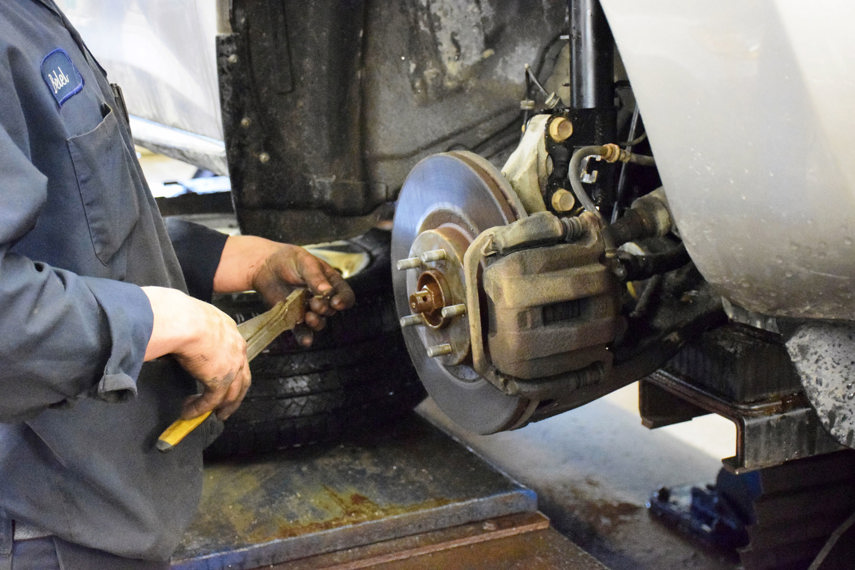
Take a Closer Look, and Ask a Professional
Dozens of factors affect a vehicle’s reliability and overall condition – mileage and maintenance are but a couple. Others include locale, climate, driving style and habits, whether vehicle problems are addressed or ignored, and more.
Mechanic Paul Kennaley explains another side of the equation:
“Higher-mileage vehicles should not always be dismissed when searching for a reliable used vehicle. Ask for maintenance and service records, and always have the vehicle inspected by your trusted mechanic.
“A lower-mileage, but older vehicle could have problems such as dry-rotted or cracked tires, hoses and belts, as rubber components can deteriorate over time, even if the vehicle isn’t driven. Sticky and rusty brake system components are another issue I see often on lower-mileage cars that aren’t driven much.
“In many cases, that used, low-mileage car that’s been little-old-lady-driven is full of issues.”
Or consider this: a used higher-mileage ride from a locale with a mild climate, minimal use of road salt, and well-maintained roads; compared to a similar, lower-mileage unit from Timmins, Ontario, where roads are in poor shape, the car has been started 632 times at thirty below, and has been exposed to perpetual salt and sand spray for most of its life. Both have been maintained similarly. Which one would you rather buy?

Think “Maintenance” not Mileage”
Get off the mileage bandwagon, folks, and start thinking “maintenance”, not “mileage” when shopping for that used ride. Check the odometer, but be sure to seek out full maintenance records, as a priority. It won’t tell the whole story, but it’s the quickest way for you to gauge how a vehicle was treated over its lifetime. You’ll likely wind up with healthier car, and possibly, at a better price too.
